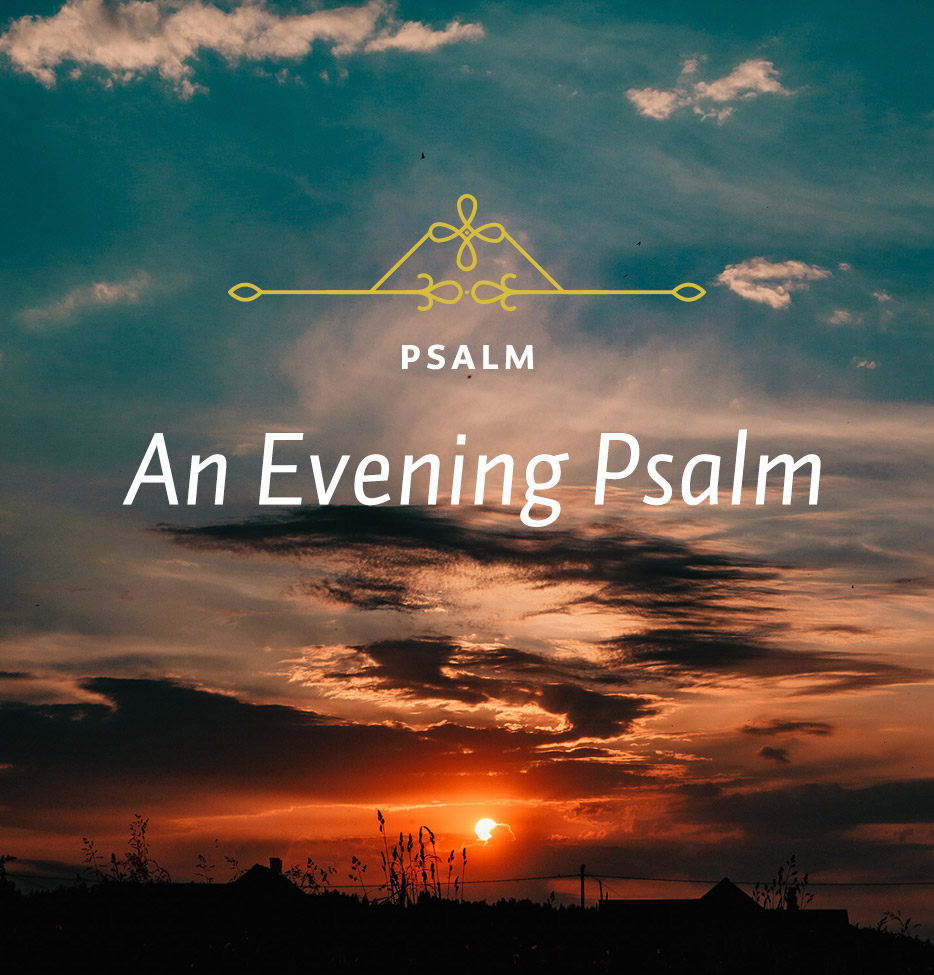ls there such a thing as a totally righteous sufferer? Is anyone ever really innocent? The answer is: of course not, unless we are thinking of the Lord Jesus Christ, which is the way some of the interpreters of Psalm 4 have taken it. But that is not the point here. None of us is ever utterly innocent, but there are nevertheless times of relative innocence in which evil people really do heap injustices on us. There are times when we are falsely accused. At other times we are slandered. It may be because the other person wants to advance himself by getting us out of the way. At other times the attack may be occasioned by pure envy.
A citizen of Athens was asked why he had voted for the condemnation of Aristides (c. 530-468 B.C.), who was called “the Just.” Although he was one of the most outstanding statesmen that nation had produced, the citizen replied, “I voted against him simply because I was tired of hearing him called ‘the Just.’”
Perhaps you have experienced something like that. In fact, I would be surprised if in this sinful world of ours you had not. All are slandered at one time or another. All have their reputations attacked. Although the attacks on you probably have not been accompanied by physical danger, they have nevertheless probably hurt you a lot. When we were children and our playmates said nasty things about us, we used to say,
Sticks and stones may break my bones,
But names will never hurt me.
But it was not true, as we probably found out. Names do hurt. To be falsely accused is agony, and we have to rise above it. But how? How do we rise above it? In this psalm, David, the target of many false accusations, shows how.
The psalm falls into three parts. First, there is an urgent plea to God for help in distress (v. 1). This is a real distress, requiring genuine relief. David needs an answer from God, which is why he is praying. Second, there is a moving remonstrance addressed to the psalmist’s enemies (vv. 2-5). In these verses David shows a surprisingly kind attitude to his enemies and gives advice that would not only solve his difficulty but would also help them. His enemies would become different people if they would do what he advises. Third, there is a final expression of the psalmist’s security in God (vv. 6-8). This enables him to say, as he closes, “I will lie down and sleep in peace, for you alone, O Lord, make me dwell in safety.” It is because of these words that Psalm 4 has been called an evening psalm.
We are going to study this psalm according to this obvious three-part outline. But I need to say at the outset that the important thing in the psalm is not the outline but rather what happens to the psalmist as he prays. What happens is that he changes. He moves from anxiety because of his accusers to quiet trust in God, which is to say in modern jargon that prayer is his therapy. It does him good.
Since all of us have had the psalmist’s experience at some time or another, perhaps regularly, Craigie is certainly right when he says, “There are days in the lives of all human beings which require a psalm like this at their end.”5
5Peter C. Craigie, Word Biblical Commentary, vol. 19, Psalms 1-50 (Waco, TX: Word, 1983), p. 82.






